- Home
- slideshows
- miscellaneous
- 7 retail products that are going to explode in popularity in 2019 - and the startups making them
7 retail products that are going to explode in popularity in 2019 - and the startups making them
Clothing made from sustainable and recycled fabrics

Healthy, ready-made meal kits
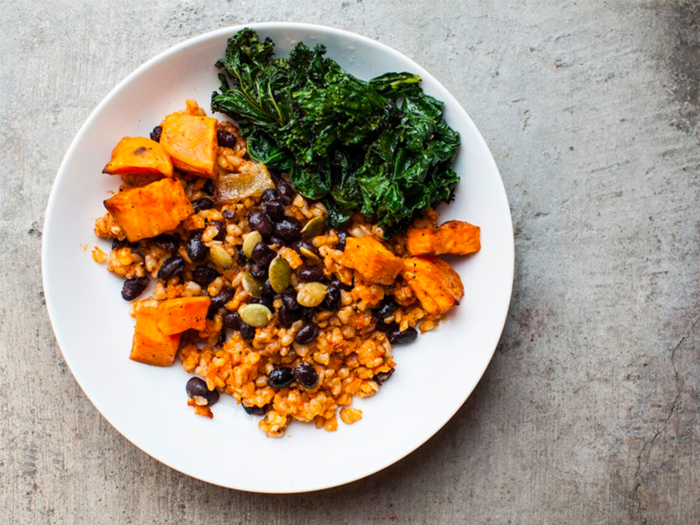
Meal kit delivery services often tout convenience as one of their main draws. After all, you don't have to think about what to make, spend time at the grocery store, or leave your house. However, much to the chagrin of anyone who doesn't love cooking or doesn't have 30 minutes to an hour to spare, you do in fact still have to cook the food.
Ultimately, the fastest way to feed yourself is a ready-made meal. Snap Kitchen and Veestro are two online companies that are appealing themselves to customers who realize traditional meal kit delivery services aren't for them by delivering healthy meal plans and a la carte meals that you can simply microwave or heat in the oven. Preservative-free and made with organic, natural ingredients, they're a large step up from the microwave dinners you're thinking of.
CBD — in everything
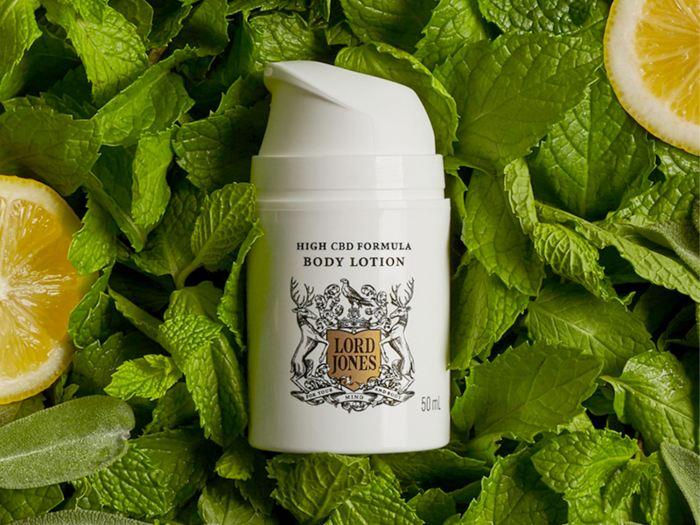
While 2018 saw the introduction of many products containing CBD, 2019 is when this industry will really flourish. In December 2018, Congress passed a bill legalizing hemp, a key source of the non-psychoactive cannabinoid CBD. That means you're going to see CBD infused into every possible product you can imagine, from food to skincare.
Already, you can buy small-batch olive oil from California, moisturizing body lotion, and even vitamin gummies, all harnessing the restorative power of CBD to treat chronic pain, insomnia, and anxiety.
More inclusive clothing
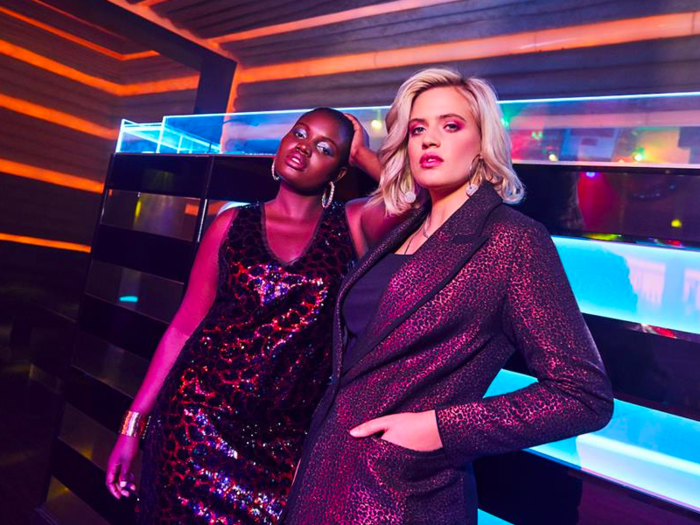
A few major moves — Walmart acquiring plus-size fashion brand Eloquii, ThirdLove expanding to 70 total bra sizes (compared to the industry average of 30), and Universal Standard's shift to selling sizes 00 through 40 — in 2018 alone tell us that inclusive sizing is the practice to follow. The companies that make thoughtful, concerted efforts to serve the portion of the population who wear above a size 12 will be rewarded with enthusiastic and loyal customers who have never had their clothing needs met first.
Sizing isn't the only way clothing brands are appealing to underserved groups. Brands like Wildfang make better-fitting androgynous styles and give customers the ability to shop across the gender spectrum to express their personal style.
Homewares that aren't sheets or cookware
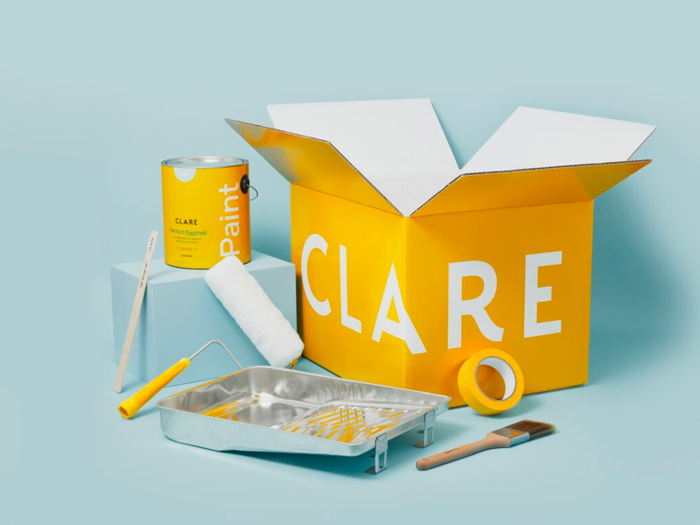
The furniture, bed and bath, and cookware spaces are now filled with enough new brands that you can redo your living room, bedroom, and kitchen with only products from startups.
But there are even more neglected home products you've been taking for granted. Brooklinen and Parachute made sheets and towels cool, but there are only so many sets of sheets and towels you need. Startups like Clare (wall paint, paint supplies, and a curated color selection) and Mesken (custom curtains and shades) point to the long-ignored things in your home that are due for a makeover.
Mattress startups expanding past the bed
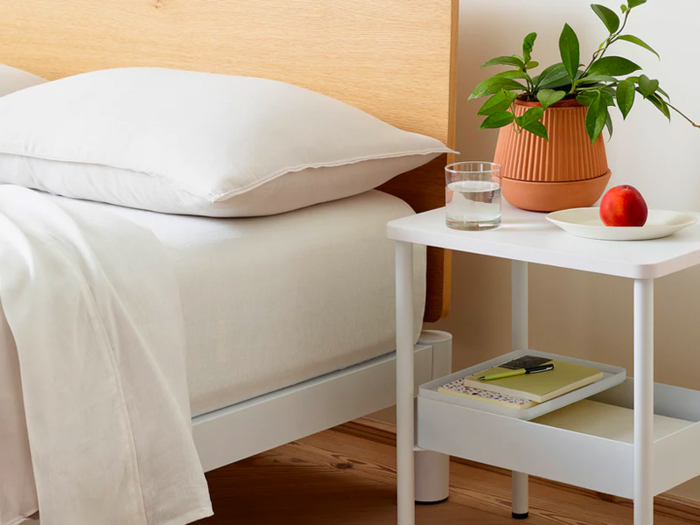
Mattresses make up the majority of sales at Casper, Leesa, Nectar, and Eight, but these online startups aren't relying on a single product to continue operating. With pillows, adjustable bed frames, bedding, and other accessories that supplement your sleep experience, they're hoping you won't forget about them after you buy a mattress.
Each startup distinguishes itself differently — Eight makes its own blue light-blocking glasses and Casper makes dog beds, for example — but the general movement is towards any other product that you would find in the bedroom. Mattress startups may soon disassociate themselves from the name "mattress" and opt for the umbrella descriptor of "sleep."
Products designed with the help of crowdsourcing
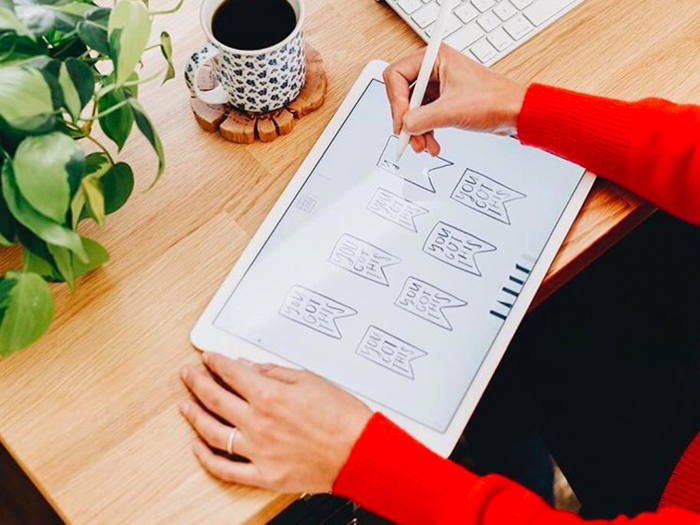
Instead of trying to guess what customers will like and buy, companies like beauty startup Volition and design site Minted do a brilliantly simple thing: they just ask. Volition uses its community members to make beauty products they actually want and will use, while Minted calls on the public to vote on independently created designs to be turned into products. Another service, NakedWines.com, pools together its monthly membership fees and invests in independent winemakers.
Minted recently raised a far-from-insignificant $208 million in its Series E round to continue growing its partnerships with large retailers like West Elm who love these crowdsourced designs. Since customers are involved in the process, they feel a personal stake, and the leap from consideration to purchase becomes less of a hurdle and more of a bridge.
Popular Right Now
Advertisement